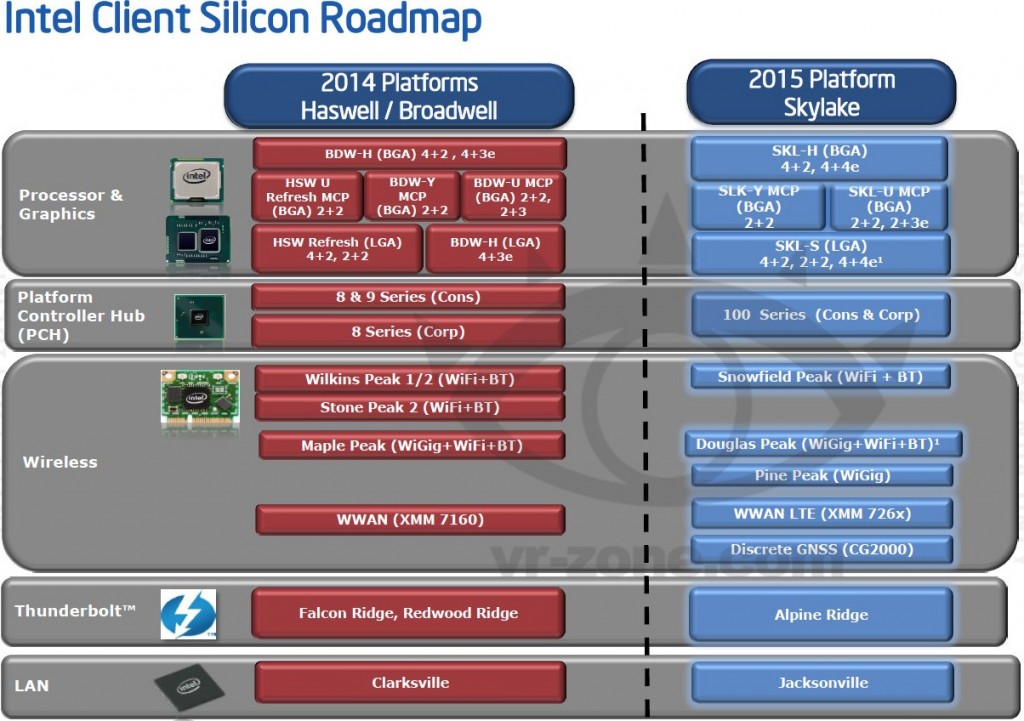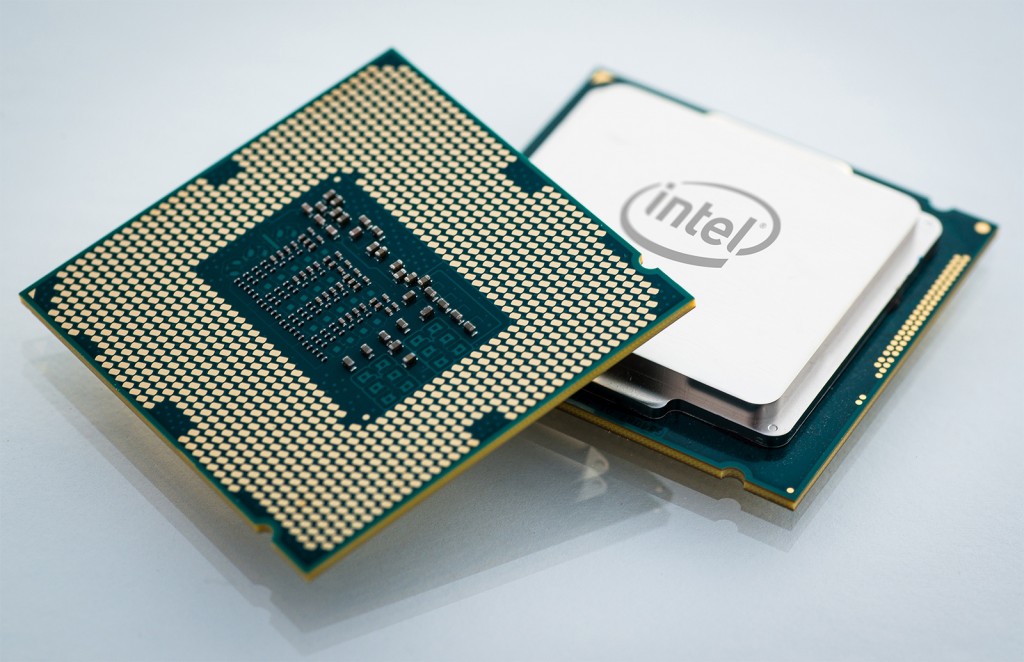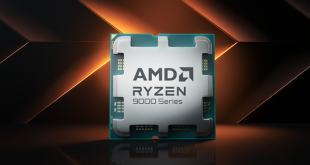While Intel Corp. is going to release its code-named “Skylake” processors a little later than expected, the company keeps the plan to introduce its new micro-architecture for virtually all segments of the market continuum this year. Intel will roll-out “Skylake” central processing units for tablets, 2-in-1s, personal computers and servers this year, the chip giant confirmed this week.
“When I look at the range of what Skylake’s able to deliver from the Core M level all up to the i7 and Xeon, it’s just going to be a fantastic product,” said Intel CEO Brian Krzanich, in an interview with the IDG News Service at Mobile World Congress in Barcelona.
Intel ran into problems with production of its code-named “Broadwell” processors using 14nm manufacturing technology last year. Due to insufficient yields, the world’s largest maker of microprocessors had to delay introduction of its latest chips by about a year. However, since “Skylake” brings a lot of innovations, Intel did not want to delay it significantly. As a result, “Broadwell” products will have a relatively short lifecycle.
“We didn’t want to delay it, we talked to our customers, they didn’t want to delay it. Everybody’s just saying no, full speed ahead,” said Mr. Krzanich.

Intel will introduce the first “Skylake” processors in the form of dual-core Core M chips in the third quarter of this calendar year. The CPUs will power high-performance tablets, hybrid 2-in-1 personal computers and ultra-thin notebooks. It is expected that many mobile devices powered by Intel Core M “Skylake” will support Rezence wireless charging and WiGig short-range transmission technology.
In late Q3 or early Q4 the Santa Clara, California-based chip designer will introduce its first Core i3, Core i5 and Core i7 chips featuring “Skylake” micro-architecture for mainstream personal computers, including desktops and laptops. The lineup is projected to include chips with unlocked multiplier designed for enthusiast-class desktop PCs. Systems featuring the new “Skylake” processors will have improved storage performance thanks to native support of SATA Express. In addition, many “Skylake”-powered PCs will use DDR4 memory and support a variety of other innovations.
Intel also plans to introduce Xeon processors with “Skylake” cores for uniprocessor servers later this year. While there are plans to bring “Skylake” architecture to Xeon chips for dual-processor and multi-processor servers, Intel yet has to outline exact plans concerning the move.

Intel “Skylake” processors will be made using 14nm process technology and will feature a brand new micro-architecture that is designed to improve performance and power efficiency of central processing units. Unfortunately, not all “Skylake” processors will support 512-bit AVX 3.2 instructions, according to unofficial information.
Discuss on our Facebook page, HERE.
KitGuru Says: Although Intel’s “Skylake” microprocessors will not make it to the market by back-to-school season, Intel seems to be confident that it will release its new chips this year virtually for all market segments. While there will be “Skylake” chips almost everywhere later this year, it is completely unclear what share will they have in Intel’s shipments.
 KitGuru KitGuru.net – Tech News | Hardware News | Hardware Reviews | IOS | Mobile | Gaming | Graphics Cards
KitGuru KitGuru.net – Tech News | Hardware News | Hardware Reviews | IOS | Mobile | Gaming | Graphics Cards




oh boy, goodnight amd, good bye amd fanboys you will be too embarrassed to whine